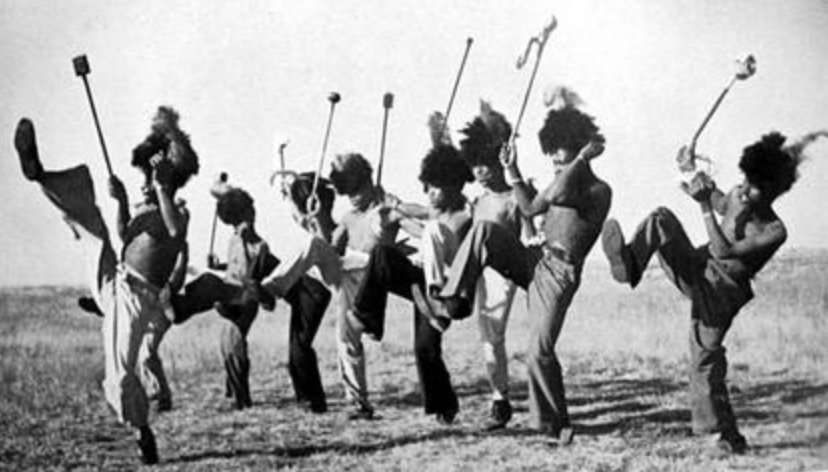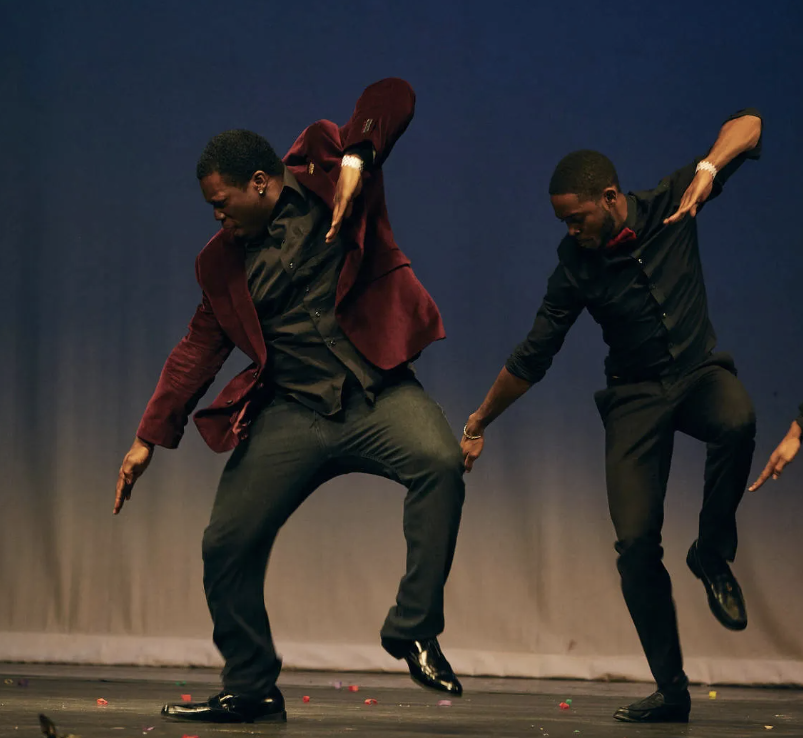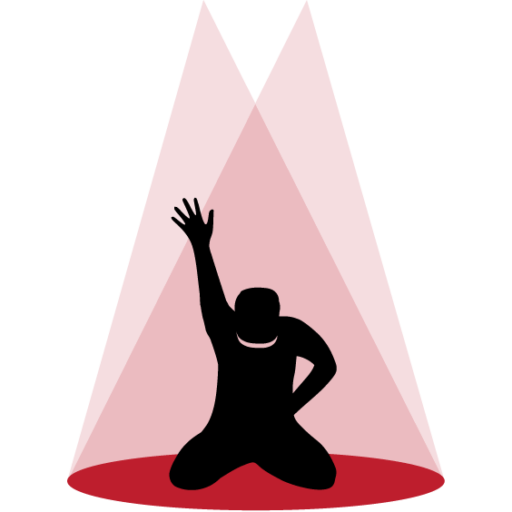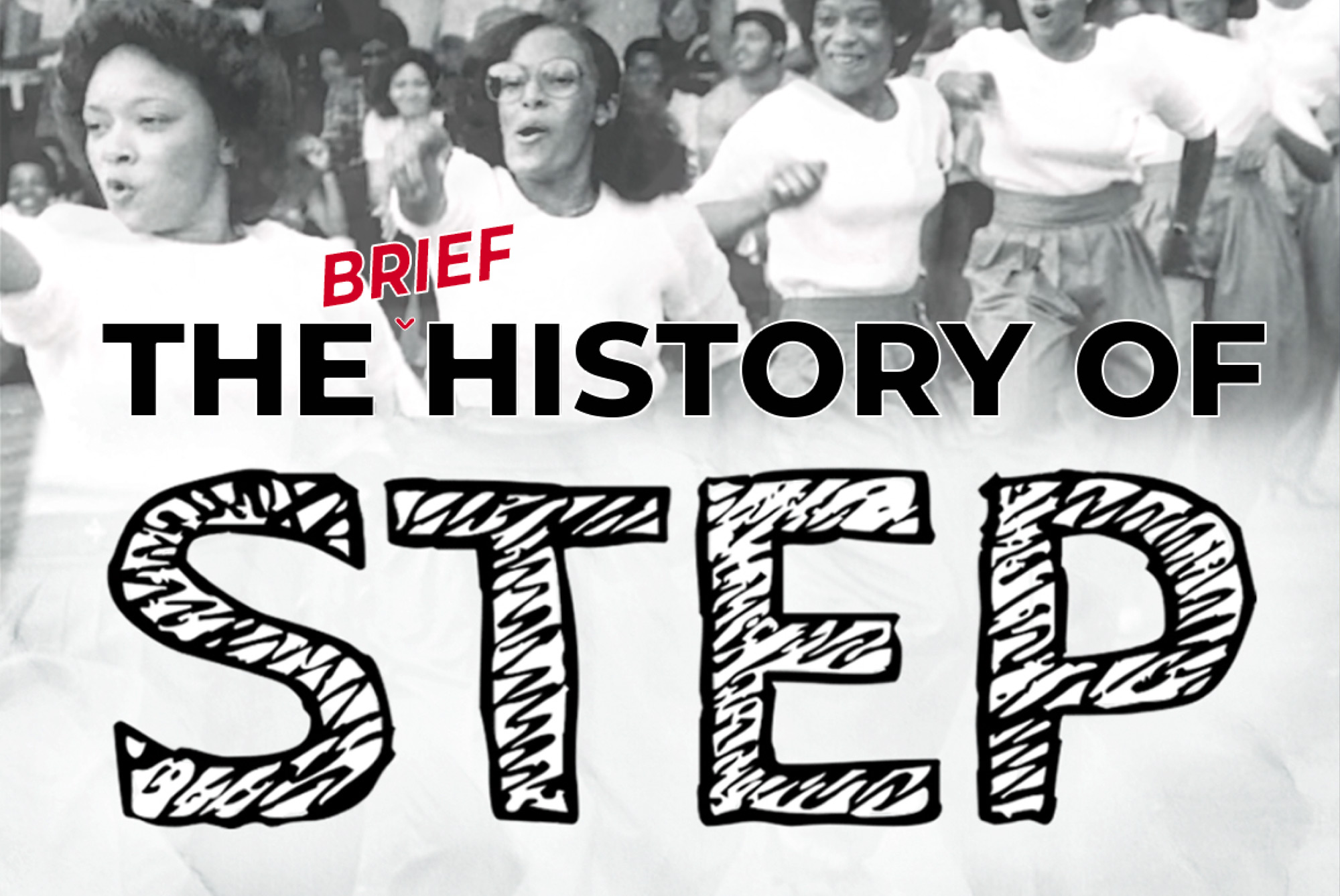This Black History Month, UpStaged Entertainment is peeling back the history of multiple, traditionally African-American performing arts in an effort to raise awareness and shed light on their profound impact on American culture.
First off is Stepping or step-dancing, a percussive dance where the participant’s body is used to produce complex rhythms and sounds through a mixture of footsteps, spoken word, and hand claps. Here’s a look back in history at how this incredible art form came to fruition.
Step dancing (also known as Stepping) is an ancient form of dance that has been around for centuries. It has evolved over time and is still popular today, appearing in movies, TV shows, music videos, and other performances. From its African roots to modern-day interpretations, step dancing is a powerful and mesmerizing art form that can captivate audiences of all ages. Let’s take a look back at the history of step dancing.

Step is a centuries-old dance style that combines sounds and movements to create a powerful performance. We don’t know exactly when step dancing began, but we do know step has origins in West Africa. Hand clapping and foot stomping have been documented as elements of African folk dances from as early as the 15th century. These hand claps and foot stomps were incorporated into European culture during the slave trade era, eventually leading to the development of what we now know as step dancing.
Some historians believe that stepping gained its distinctive percussive style in the aftermath of the 1739 Stono Rebellion, where lawmakers in South Carolina outlawed drumming to eliminate it as a source of communication between enslaved people. Following the ban, percussive dance (stepping) emerged as they replaced the drums with their bodies.
The African gumboot dance, born in the gold mines of South Africa during the Apartheid, is also said to be one of stepping’s biggest influences. They believe coal miners used specific patterns of stomping and clapping to communicate with other workers throughout the flooded mines.
Step was first introduced to America in the late 19th century when freed slaves brought their traditions with them from Africa. Over time, these traditional steps began to be combined with more modern moves like tap and jazz. This combination created a unique style that was known for its intricate rhythms and eye-catching movements.
The term “stepping” became popularized on campuses of historically black colleges and universities in the 1960s, following the establishment of the National Pan-Hellenic Council, nicknamed “The Divine Nine.” These Greek organizations began holding informal ‘shows’ which evolved into public exhibitions, often used as fundraisers for charitable causes. The first official Greek Show was held at Howard University in 1976. Stepping has since become popular among the Greek organizations to show spirit and pride in their fraternity or sorority, and some organizations have established their own signature moves and chants.
Check out this short video featuring Mercy College’s step dance team “Divas Have Mercy” who placed in the top 5 and secured All-American status in the 2020 NCPA Collegiate Step Championships!
Today, stepping incorporates elements from many other popular artistic forms, including military drills, children’s games, cheerleading, martial arts, acrobatics, hip-hop, tap dancing, break dancing, gymnastics, and Afro-Caribbean dance.
Over the past few decades, step dancing has gone through countless transformations while still maintaining its core elements – hand clapping, foot stomping, intricate rhythms and movements – making it one of the oldest continuously evolving forms of dance today. Whether you’re learning it from scratch or refining your technique, step is sure to captivate any audience with its energy and power! So if you’ve ever considered trying your hand (or feet) at step dancing – now is a great time! Who knows? You might even find yourself competing on a national stage one day soon!

If you are a member of a current college Step Team and would like to participate in the 2023 NCPA College Step Championship please click here to register!







